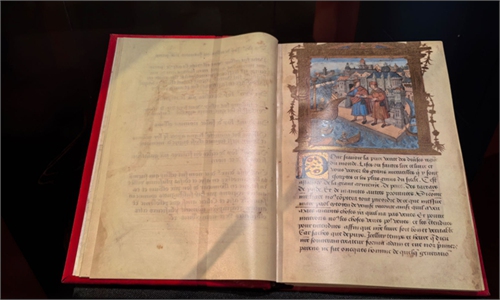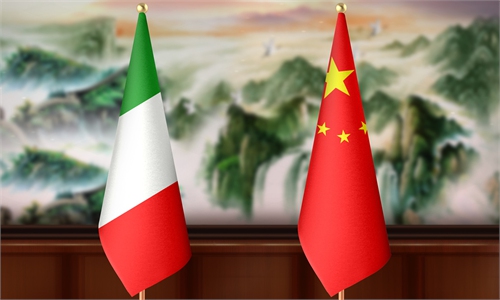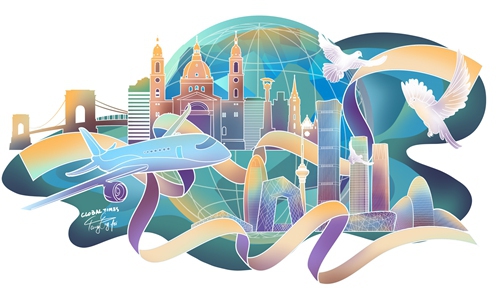Echoes of Marco Polo: China, Italy deepen ties through cultural, economic cooperation, celebrating centuries of enduring friendship, partnership
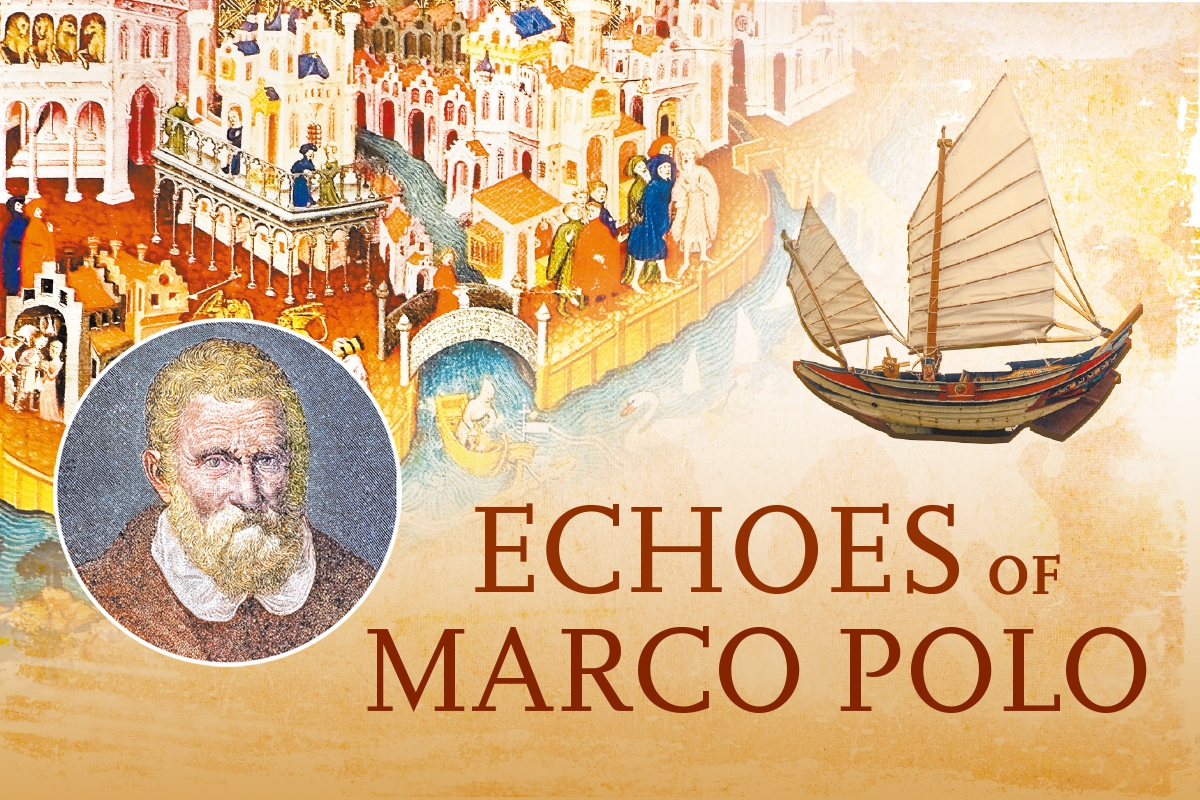
Echoes of Marco Polo
More than 700 years ago, Marco Polo, driven by a quest for true knowledge, traveled the vast Silk Road, bridging distant Eastern lands with Europe. This journey forever linked China and Italy, a connection that has endured unbroken.Today, 700 years later, people commemorate this brave Venetian merchant, feeling the echoes between history and modernity.
Chinese President Xi Jinping met with Italian Prime Minister Giorgia Meloni in Beijing on Monday, the Xinhua News Agency reported.
Noting that China and Italy are at the two ends of the ancient Silk Road, Xi said the time-honored friendly exchanges between the two countries have made significant contributions to the overall exchanges and mutual learning between Eastern and Western civilizations, and to the progress of humanity.
The Silk Road spirit of peace and cooperation, openness and inclusiveness, mutual learning and mutual benefit is a shared treasure of China and Italy, Xi said.
At the invitation of Chinese Premier Li Qiang, Meloni is paying an official visit to China from July 27 to 31.
During their meeting on July 28, both Li and Meloni vowed to promote pragmatic cooperation.
Noting that this year marks the 20th anniversary of the China-Italy comprehensive strategic partnership, Li said China is ready to work with Italy to implement the important consensus reached by the leaders of the two countries, carry forward the tradition of friendship between the two countries, advance exchanges and cooperation in various areas, bring more benefits to the two peoples, and make greater contributions to global peace and development, Xinhua reported.
The friendly exchanges between China and Italy have a long history. Italy has long been at the forefront of EU countries in terms of exchanges and cooperation with China.
Since the establishment of diplomatic relations in 1970, cooperation in various fields such as politics, economy, trade, culture, and science and technology has continuously deepened, laying a solid foundation for the development of bilateral relations.
Economic and trade cooperation has always been a vital pillar of China-Italy relations. Italy is China's fourth-largest trading partner in the EU, while China is Italy's largest trading partner in Asia. According to statistics, in the first quarter of this year, the total import and export trade between China and Italy was 123.856 billion yuan ($19 billion), a year-on-year increase of 4 percent, showcasing significant resilience.
Both sides have achieved fruitful cooperation in high-end manufacturing, clean energy, aerospace, digital intelligence, pharmaceuticals, health, the ice and snow industry, and third-party markets, with broad prospects. Italy has been invited multiple times as the guest of honor at major exhibitions such as the China International Import Expo, expressing confidence in further exploring the Chinese market and sharing development dividends.
Both China and Italy are ancient civilizations that admire and appreciate each other, sharing a common pursuit of a diverse cultural world where each of their beauty shines. Following the successful hosting of the China-Italy Year of Culture and Tourism in 2022, both sides have cooperated to hold commemorative events for the 700th anniversary of Marco Polo's death in various locations this year, highly affirming the importance of cultural exchanges and mutual learning.
The number of Chinese and Italian students studying in each other's countries continues to grow, with "Chinese language fever" in Italy remaining strong. There are 12 Confucius Institutes and 39 Confucius Classrooms that have been established in Italy, nurturing and fostering a new generation of Marco Polos in the new era.
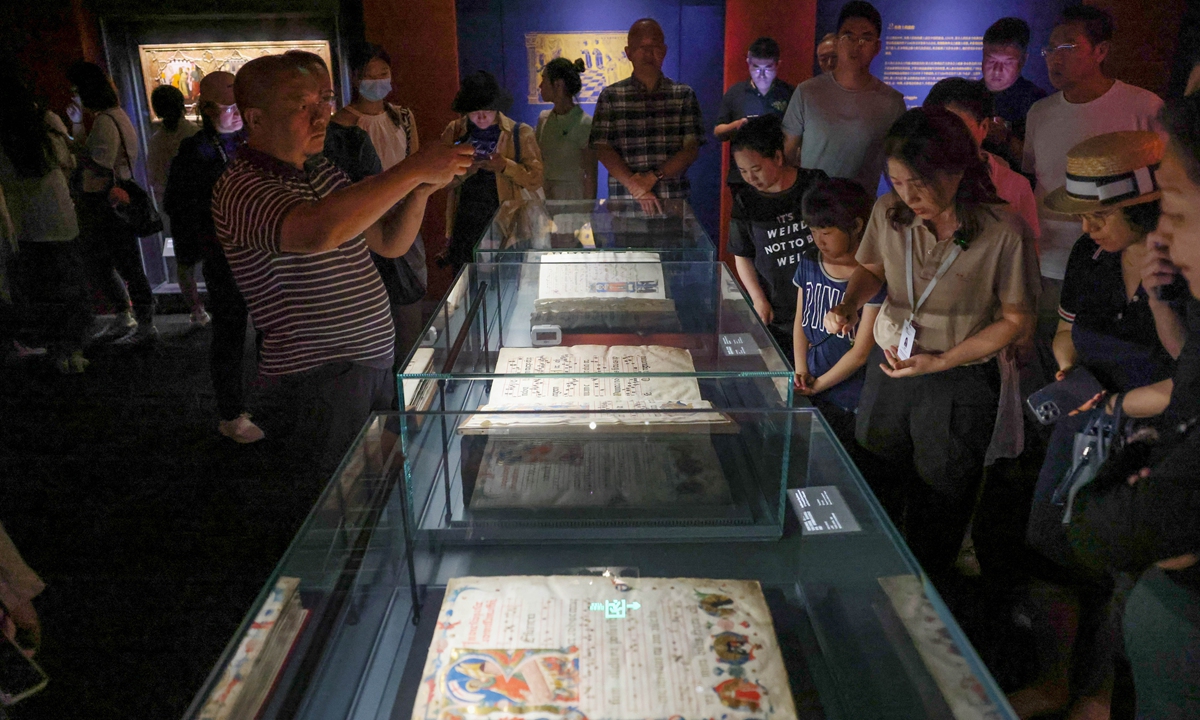
An exhibition on Marco Polo and his Legacy in Beijing on July 29, 2024 Photo: VCG
Sidebar:
The legendary Marco Polo
Marco Polo, the Italian merchant and traveler from Venice, is renowned for his legendary journey to the East and his detailed accounts. His name is closely associated with the medieval history of China.
In 1271, Marco Polo, along with his father Niccolò and uncle Maffeo, set out for China. Their journey across the Silk Road took three and a half years, eventually leading them to the capital Dadu (present-day Beijing) of the Yuan Dynasty (1271-1368).
In China, Marco Polo was warmly received by the Yuan Emperor Kublai Khan and held a significant position in his court. Kublai Khan showed great interest in this foreign visitor and sent him on missions to various parts of the empire, allowing him to witness China's vast lands and diverse cultures.
These assignments gave Marco Polo the opportunity to travel extensively across the Yuan Dynasty's territories, including present-day Inner Mongolia, Xinjiang Autonomous Region, Xizang Autonomous Region, Yunnan, and the southeastern coast. He meticulously recorded his observations, detailing China's prosperous cities, advanced handicrafts, magnificent palaces, and colorful cultural customs.
Marco Polo lived in China for nearly 17 years before returning to Venice in 1295. His experiences were documented in The Travels of Marco Polo, written around 1300 by Italian writer Rustichello da Pisa based on Marco Polo's oral accounts. This book provided a comprehensive description of China's geography, politics, economy, and culture, becoming a crucial window for Europeans to learn about China. The book not only sparked immense interest in the East among Europeans but also influenced later explorers and geographers, such as Christopher Columbus.
In addition to his rich observations, Marco Polo brought back many items and knowledge from China that enriched European understanding and facilitated cultural exchange between the East and West. It is estimated that he returned with silk, porcelain, spices, gunpowder, fireworks, and paper money. He also introduced Chinese agricultural techniques, urban planning, and architectural styles. Marco Polo detailed various Chinese technologies and crafts, such as printing, tea processing, papermaking, and metallurgy. The dissemination of these technologies in Europe played a positive role in the technological advancements of the Renaissance period.
Although there is some scholarly debate about whether Marco Polo actually visited China, it is undeniable that his book bridged cultural exchanges between the East and West. It promoted European knowledge and exploration of Asia, particularly China, in the later Middle Ages. Marco Polo's journey was not only a personal adventure but also a significant chapter in the history of China-Europe cultural exchanges, leaving a valuable historical record for posterity.
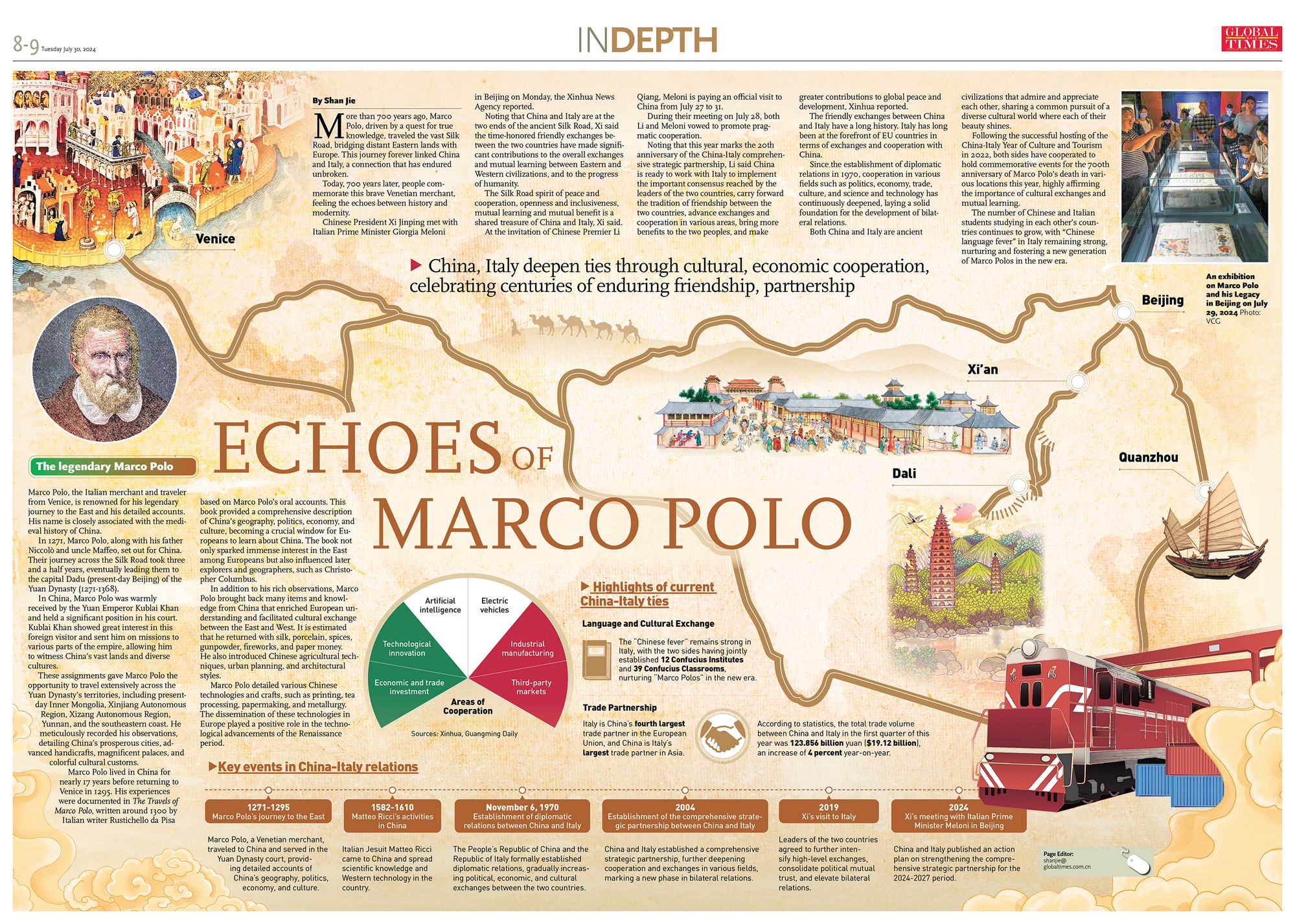
Echoes of Marco Polo

